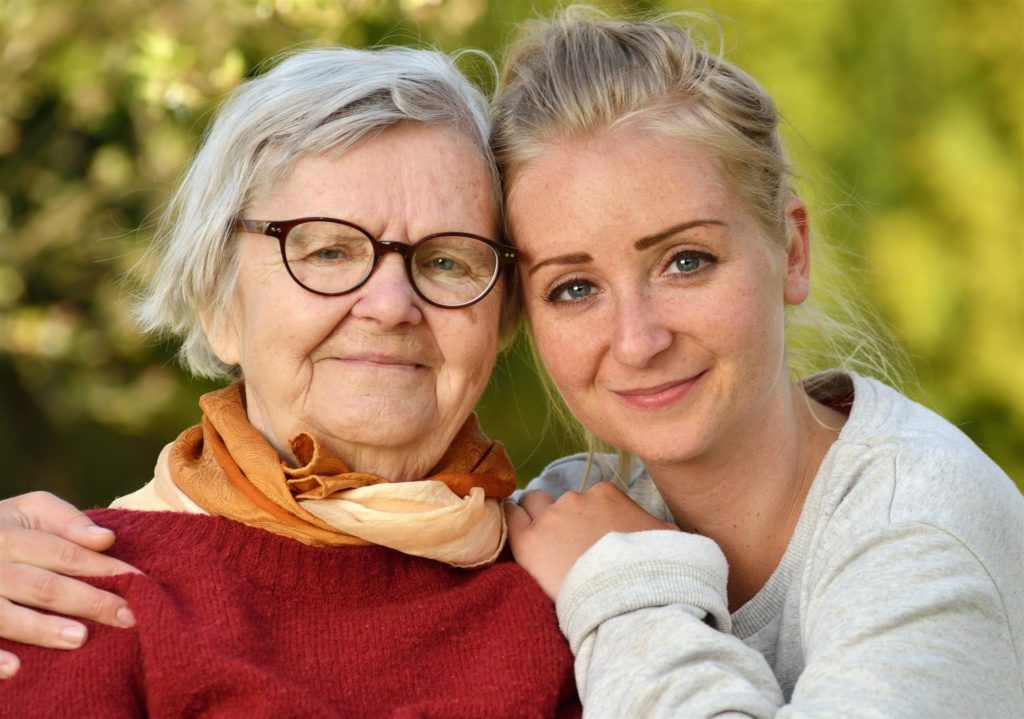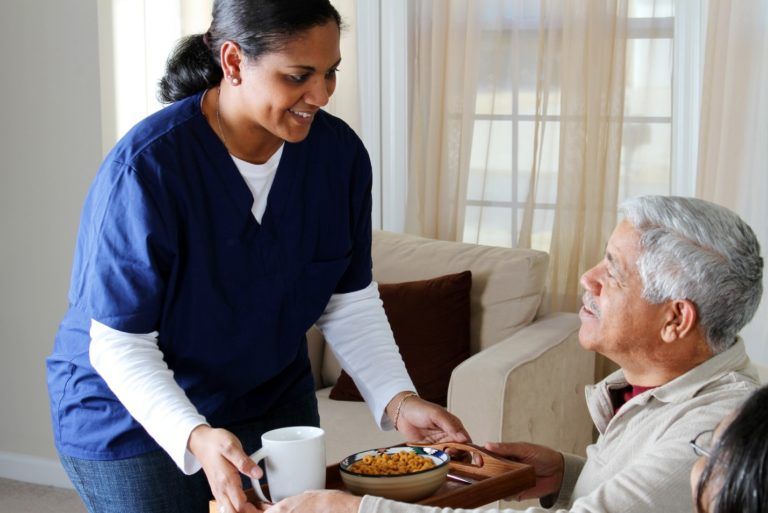Keeping People with Alzheimer’s Safe During an Outing
Although conditions like Alzheimer’s Disease can make outings more difficult, there’s no reason that families cannot continue to enjoy them. With proper planning, people living with Alzheimer’s can have a wonderful time outside of the home with family and friends. Let’s take a look at some of the best ways to keep people with Alzheimer’s safe during an outing.
Select a Reasonable Time
Everyone has specific times of the day during which they feel better and will enjoy getting out a bit more. This is true for people with Alzheimer’s as well. Family members should select a time when their loved ones are feeling well-rested and ready to take part in activities.
Choosing the right duration for your trip is also important. Outings that are too long may create trouble for people who need to rest on a regular basis. If families are unsure of an appropriate length, they should try activities that last an hour or two. If this works out well, they may choose to extend the next outing a bit longer.
Choose Familiar Places
For people who struggle with memory and mobility, familiarity is crucial to feeling safe. Going to a favorite restaurant or movie theater makes it easier for loved ones to remember where they are going and what they will do when they arrive. Familiar faces also help to set the tone for enjoyment. Surrounding someone with family they can remember, or even well-known servers at their favorite café, allows them to feel more comfortable for a longer period of time.
Hire Caregivers for Help
Depending on the severity of Alzheimer’s symptoms, extra help may be needed in order to make sure the outing is safe for all parties. Professional caregivers can establish a senior citizen safety plan that involves an analysis of the area and specific steps to ensure the wellbeing of the elderly person.
Consider Possible Problems
Anyone who has limited mobility or energy could encounter issues while on an outing. It is up to caregivers and family members to consider these possible problems and make a plan for them in advance. For example, if the activity involves walking across dirt or grass, is it level and safe for them to cross? Families should walk through the plan from beginning to end, identifying what they may need and how they can get it.
Keep a Personalized Safety Kit on Hand
Being prepared is one of the best ways families can ensure that their outing goes according to plan. In case of an emergency, they should put together a kit containing the following items:
- First Aid Supplies
- A Day’s Worth of Medications
- Documentation of The Person’s Prescriptions, Including Dosage and Frequency
- Phone Numbers of Doctors and Close Family Members
This kit will help to ensure that families and caregivers have all of the information they need if they have to seek medical help.
With the right preparation, outings can be fun and enjoyable for individuals with Alzheimer’s and their families. To learn more about our Alzheimer’s care , contact Connecticut In-Home Assistance at 855-412-2273.
The post Keeping People with Alzheimer’s Safe During an Outing appeared first on .
Related Posts


Request More Information
Contact Us
We will get back to you as soon as possible.
Please try again later.
Call (855) 412-2273 Today for a Free on Site Assessment!
Give Us A Call!
Call 855-412-2273 today for a Free on Site Assessment
Offices in Stratford, Hamden, Hartford, and Stamford

